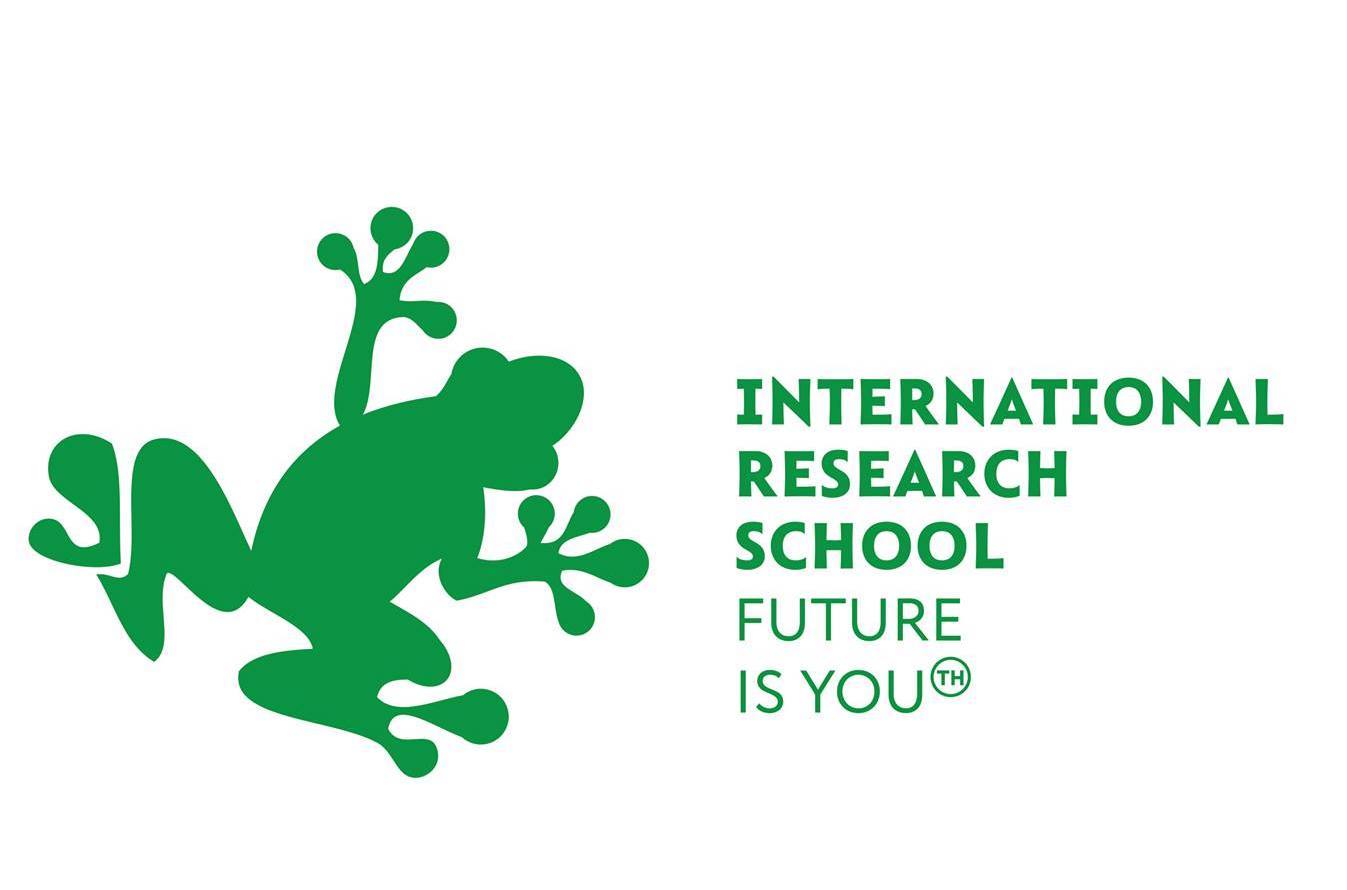12TH INTERNATIONAL RESEARCH SCHOOL
Specific ecological antagonism of yeasts
Microbiology, Yeast systematics
The phenomenon of yeast mycocinogeny was found a long time ago, but the fundamental researches are still relevant in this field: the search for mycocinogenic strains, the study of the mycocin specific spectrum, etc. These results can be used in biotechnology: to protect the industrial sourdoughs from the intervention of unwanted microorganisms or to preserve the harvest. We can also use this results in medicine: mycoses application for AIDS (of different origin) patients. Such an application does not interrupt the established microbial community and, as a consequence, has no side-effect of secondary infection. The fundamental aspect is interesting too: the relatively fast, accurate and cheap typing of different yeast strains, including pathogenic and biotechnologically significant ones.
During the study we are going to use some mycocinogenic Wickerhamomyces anomalus strains to separate groups of biotechnologically important Debaryomyces strains, which are can't be typed by modern methods of barcoding. Both species represent traditional and industrial sourdoughs of the various fermentation products - cheese, kefir, wine, beer, etc. Using classical Microbiology methods we are going to screen and to detect the sensitive Debaryomyces strains that could help to select sourdoughs composition in regards to taste, smell and benefit of the product, and the cultures combinations for probiotics.
During the study we are going to use some mycocinogenic Wickerhamomyces anomalus strains to separate groups of biotechnologically important Debaryomyces strains, which are can't be typed by modern methods of barcoding. Both species represent traditional and industrial sourdoughs of the various fermentation products - cheese, kefir, wine, beer, etc. Using classical Microbiology methods we are going to screen and to detect the sensitive Debaryomyces strains that could help to select sourdoughs composition in regards to taste, smell and benefit of the product, and the cultures combinations for probiotics.
We are going to read some scientific articles on this issue, to deduce the relevance of the study and its research methods, then conduct some experiments "culture against culture" to determine the sensitive strains of the Debaryomyces genus. At the end, all the participants of the project will summarize their results in the form of a multi-authored scientific article. Then we will add other laboratory data to the article and finally will publish it in English. Optionally, all the participants will be mentioned as co-authors.
Tutor

Vasilina Farofonova
Puschino, Moscow region, Russia
Puschino, Moscow region, Russia
Vasilina was born in Kirovo-Chepetsk, she graduated from the Lyceum of Natural Sciences in the city of Kirov. At schoolduring midtern exams she choose chemistry and biology as the most interesting subjects. When she entered the faculty of biology at the University in Perm city (Perm State Research Institute); she became interested in Microbiology. She has got proper fundamental knowledge at procaryotic microorganisms, too little about eukaryotic ones. That's why she have chosen the yeast as her research issue at the graduate school (Puschino State Instityte of Natural Science), and still keep on studying them. Unintentionally, every next grade level was taking her far away from my home – she traveled around Russia a little, living in dormitories of different universities and attending different conferences. Along with her studies she has a lot of hobbies – robotics, origami, playing the ukulele and guitar. The IRS attracts her with the opportunity to talk about microbiology, to teach how to plan and conduct experiments, to make new friends and to learn about other countries.

Timofey Sevskih
Moscow, Russia
Moscow, Russia
Timofey was born in Moscow and graduated from secondary school with a silver medal. After school, he entered the Pedagogical University (какой?), Faculty of Biology and Chemistry. After graduation he became a PHD-student in the All-Russian Research Institute of Veterinary Virology and Microbiology (now the Federal Research Center of Virology and Microbiology - FRCVM). For 5 years he researched vaccine strains of anthrax and also carried out diagnostic work (animal diseases of bacterial and mycological etiology), participated in the production of vaccine and diagnostic products. Now he is actively mastering electron microscopy.
As a chairman of the Council of Young Scientists and an employee of the Research and Education Center, coaching and teaching are his main duties and interest. In 2018 he was one of the organizers and a presenter of the School of Young Scientists at the FRCVM, and plans to further develop the format of interaction with young people. For him, participating in IRS is an opportunity to get new experience, contacts and interesting ideas and forms for use in his educational practice.
As a chairman of the Council of Young Scientists and an employee of the Research and Education Center, coaching and teaching are his main duties and interest. In 2018 he was one of the organizers and a presenter of the School of Young Scientists at the FRCVM, and plans to further develop the format of interaction with young people. For him, participating in IRS is an opportunity to get new experience, contacts and interesting ideas and forms for use in his educational practice.


